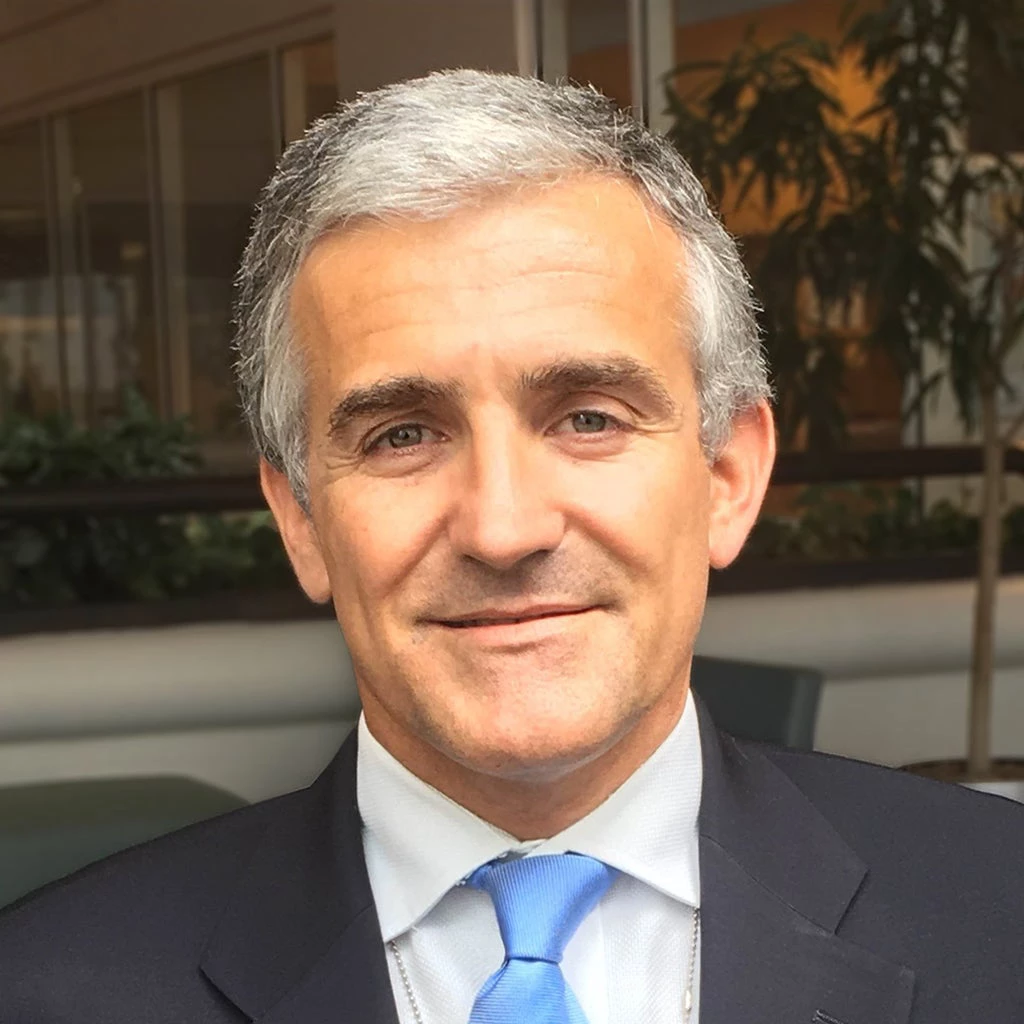 The historic changes taking place in the Middle East and North Africa (MENA) Region since January 2011 reflect the citizens’ desire to challenge political and economic exclusion, provide their voice to the governments, and benefit more equitably from economic and social development in their countries. Barriers once thought to be unbreakable were broken, and citizens in the region united across ideological, demographic, religious and ethnic lines in search of a new social contract with their governments. World Bank Group President Robert Zoellick spoke of this social contract in his April 2011 address, The Middle East and North Africa: A New Social Contract for Development,and underscored the need for an enabling environment for social accountability.
The historic changes taking place in the Middle East and North Africa (MENA) Region since January 2011 reflect the citizens’ desire to challenge political and economic exclusion, provide their voice to the governments, and benefit more equitably from economic and social development in their countries. Barriers once thought to be unbreakable were broken, and citizens in the region united across ideological, demographic, religious and ethnic lines in search of a new social contract with their governments. World Bank Group President Robert Zoellick spoke of this social contract in his April 2011 address, The Middle East and North Africa: A New Social Contract for Development,and underscored the need for an enabling environment for social accountability.
Current best practices show that social accountability has a real potential to transform the way government services are provided in the region. From citizen feedback mechanisms implemented in Tunisia's health care, to disseminating information and service in the Yemen water sector, to engaging citizens in prioritizing their needs as is being done in the West Bank and Gaza - the MENA region has begun to show the first positive steps towards greater social accountability.
Countries in other regions have journeyed through similar political and economic transitions. While their trajectories have been different and context specific, analogies can be drawn and lessons shared with the countries in the MENA Region as they search for and define their own pathway for a better future. Among the key lessons learned stem from democratic transitions in the Philippines, Indonesia and Turkey, which have experienced transitions much like those now gripping the Middle East and North Africa.
In sum, why social accountability? Social accountability strengthens dialogue and partnership between civil society, government, and other non-state actors via transparent and participatory approaches. It promotes the following:
Active citizen participation in public affairs requires an enabling environment: Appropriate legislation to promote freedom of expression, free and independent elections, and freedom of association provide important guarantees to citizens, and needs to be prioritized as part of the transition process.
Government outreach to civil society is critical to building confidence and trust: In post-revolutionary environments of heightened expectations, new governments have opportunities to engage citizens and stakeholders from all segments of society at every level of decision making including: civil society organizations, local communities, representatives of the poor and vulnerable, religious groups, and women’s groups. It is important that such engagements be supported by mechanisms, which can create a genuine dialogue.
Investment in improving service delivery through partnership with civil society and users is key: Public participation spearheaded by CSOs can lead to concrete shifts in the way services are provided. As the textbook and other examples from the Philippines show, CSOs can be powerful allies to government in bringing about change. This is most commonly done in the area of service delivery.
Bottom-up processes, through decentralization reforms and community-driven development, enable citizen participation and improvement of services: As transitions take time, the new governments can focus on implementing programs that yield quick results, such as community-driven development programs, as was effectively done in Indonesia. Moreover, bottom-up approaches in Indonesia’s transition helped citizens to articulate their needs, local institutions to be strengthened, and citizens’ trust in government to be established. The Kecamatan Development Program was designed with a strong participation by local citizens. It incorporated several anti-corruption elements from the outset, including independent monitoring by journalists and CSOs and grievance redress mechanisms.


Join the Conversation